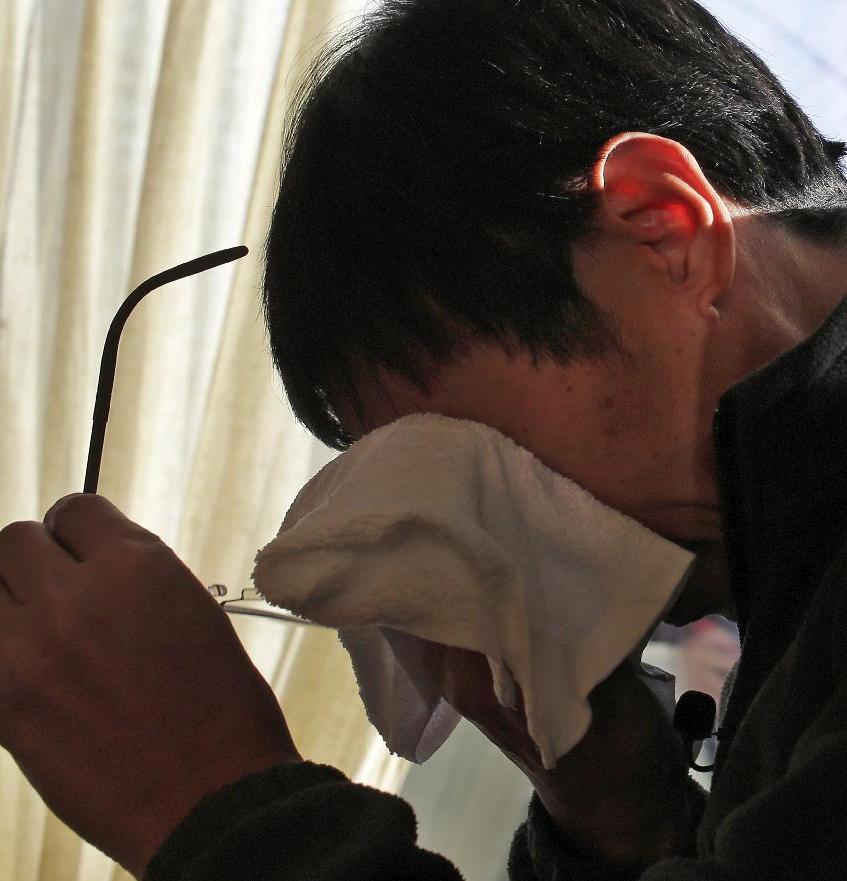MH370 relatives view AirAsia crash with empathy…and envy
Images of bodies and wreckage floating in Indonesian waters gave relatives of those lost aboard AirAsia Flight 8501 anguish and grief, but they also provided the answers that other families have sought in vain for nearly 10 months. Those with loved ones aboard Malaysia Airlines Flight 370 can only imagine what has happened to them, and can only hope to one day know for sure. What happened to MH370, which took off on March 8 from Kuala Lumpur, Malaysia, en route to Beijing, remains a mystery. The jetliner disappeared after veering off course and flying for hours with its communications systems disabled. It is thought to have crashed about 1,100 miles off Australia’s west coast, but no trace of the aircraft or the 239 people aboard—most of whom were Chinese—has been found despite an exhaustive and continuing search.
We have been living in anxiety, fear and hate, and our lives have been utterly messed up, but we as ordinary people are unable to do anything.
Dai Shuqin, whose sister was on the missing plane with her husband, daughter, son-in-law and grandchild
Since Flight 370 disappeared, relatives of the missing have helped each other bear the turmoil of not knowing. Many of them spent weeks together in a hotel in the northeast of Beijing where they waited for news of the flight. They have forged new friendships, demanded answers and endured some hassles from Chinese authorities, who are wary of any cause that may trigger social instability, even those that seem apolitical. Relatives say they have been under regular police surveillance, and that 16 of them were detained, with some beaten, in mid-July while at a support center. Relatives of victims continue to meet each other in social settings, or in part of a sports center that has been set up to enable them to send questions to Malaysia Airlines and the Chinese and Malaysian governments. Dr. George Hu, a clinical psychologist at Beijing United Family Hospital and Clinics, said the relatives of the MH370 passengers are experiencing a psychological phenomenon that parents of children who are kidnapped also go through.
Worse than grief is the not knowing, the in-between, do I grieve or do I hope. That’s hard. It’s a very difficult place for the psyche to be and many people would say it’s worse than grief.
Dr George Hu, a clinical psychologist

World MH370